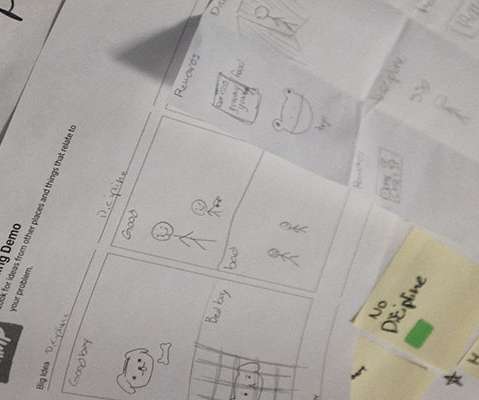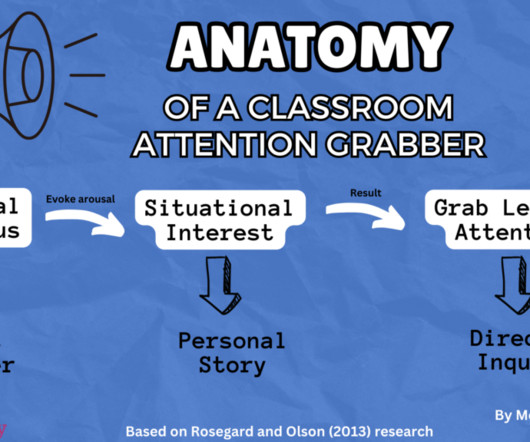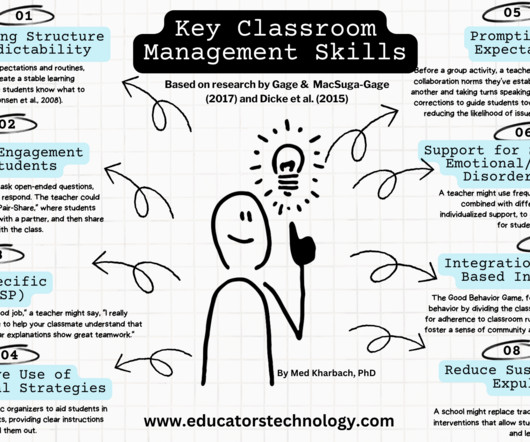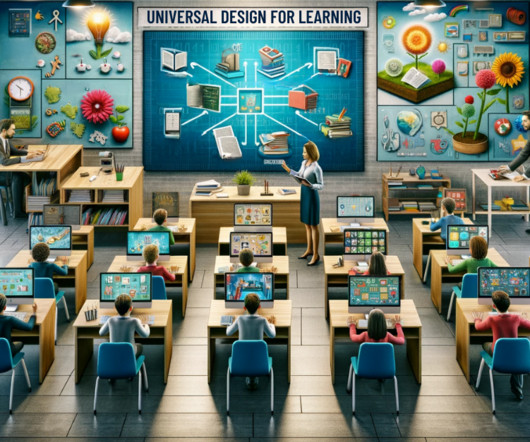Exploring Design Thinking Micro-credentials in the Classroom
Digital Promise
MAY 4, 2021
The opportunity that frequently emerged from the research was improving students’ mindsets and skills through design thinking methodologies. Work in mathematics (Goldman et al., 1998), science (Kolodner et al.,






















Let's personalize your content